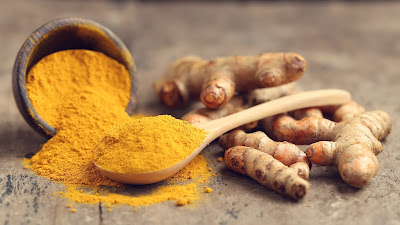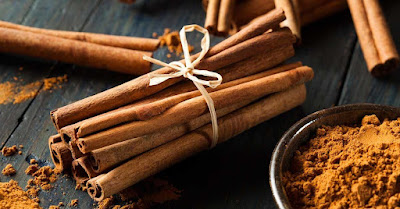India is often called the Land of Spices — and rightly so! Our food is full of flavor, aroma, and colorful masalas. But here’s the twist: not all spices we use today are originally from India.
Some of our everyday kitchen spices actually came from Europe, the Middle East, or even South America!
Let’s explore which spices are native to India and which ones are foreign guests turned desi stars in our kitchens.
Section 1: Spices That Are Truly Indian
These spices are believed to be native to the Indian subcontinent or have been used here since ancient times.
1. Turmeric (Haldi)
Used for thousands of years
Medicinal and religious value
Anti-inflammatory & natural colorant
2. Black Pepper (Kali Mirch)
Known as "Black Gold"
Ancient spice trade centered around it
Still a key part of South Indian cuisine
3. Cardamom (Elaichi)
Native to the Western Ghats of India
Used in sweets, chai, biryani
4. Asafoetida (Hing)
Though plant comes from Iran, its use and processing technique is uniquely Indian
Key in satvik and Jain cooking
5. Mustard Seeds (Rai/Sarson)
Widely grown in India
Base for pickles, tadkas, and curries
Section 2: Spices That Came From Abroad
These spices were brought to India by traders, invaders, or colonizers, but now they’re fully part of our food culture.
1. Red Chili (Lal Mirch)
Origin: Mexico
Introduced by Portuguese
Now a must in every Indian tadka!
2. Nutmeg & Mace (Jaiphal & Javitri)
Origin: Indonesia
Came via spice trade
Found in garam masala and Mughlai dishes
3. Star Anise
Origin: China
Found in biryanis and masala chai
4. Clove (Laung)
Origin: Maluku Islands (Indonesia)
Came through Arab traders
Essential in garam masala and rice dishes
5. Cinnamon (Dalchini)
Origin: Sri Lanka
Different variety also found in India
Popular in sweets, curries, and chai
Section 3: Did You Know? (Fun Facts)
Ancient Indians traded black pepper with the Romans as early as 1000 BCE!
Red chili replaced black pepper as the heat agent in many dishes only after the 16th century.
The word "masala" is not one spice – it's a mix of both Indian and foreign spices!
Conclusion:
India’s spice story is a beautiful mix of native traditions and foreign influence. While spices like turmeric and black pepper are rooted in Indian soil, others like red chili and nutmeg traveled far before becoming kitchen essentials here.
So the next time you make a curry or a cup of masala chai, just remember – you're tasting a bit of global history in every bite!
Coming Up Next:
Traditional Indian Cooking Tools – Before Mixers and Microwaves!
Discover how desi kitchens used to run before tech took over.












تعليقات
إرسال تعليق